Garden Planner : Herbs for Pest Control and Pollination

Gardening enthusiasts often turn to companion planting to enhance their vegetable garden's health and productivity. This practice not only maximizes space but also harnesses the natural properties of herbs to attract beneficial creatures and repel pests. Among the most popular herbs for these purposes are parsley, thyme, oregano, sage, rosemary, and chives. Let's delve into how these herbs influence animal interactions in gardens, with a focus on both UK and USA species.
1. Parsley (Petroselinum crispum)
Parsley is a versatile herb that offers more than just culinary benefits. It's particularly good at attracting beneficial insects. In both the UK and the USA, parsley can lure hoverflies and predatory wasps. Hoverflies, in their larval stage, consume vast quantities of aphids, a common pest in gardens. Parsley's ability to attract these beneficial insects makes it an excellent companion plant, particularly for crops susceptible to aphid infestations, such as lettuce.
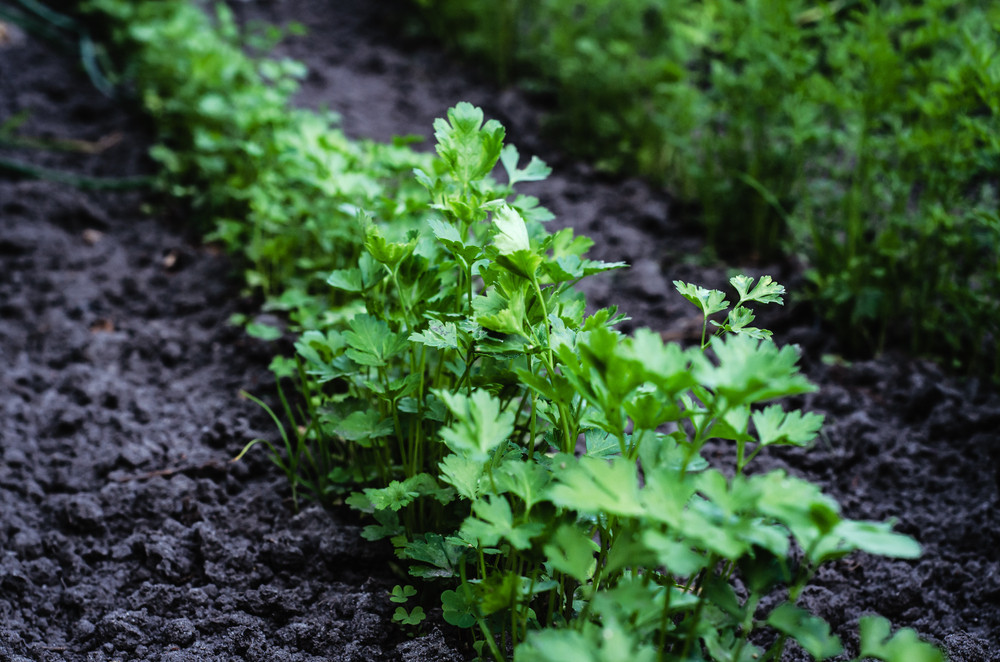
2. Thyme (Thymus vulgaris)
Thyme is well-known for its strong scent, which can effectively deter many garden pests. This herb is especially hostile to cabbage worms and whiteflies, which are deterred by thyme’s potent essential oils. In the UK, cabbage worms can be a nuisance by feeding on brassicas, while in the USA, the presence of whiteflies is a common problem on tomatoes. Planting thyme nearby can help keep these pests at bay.
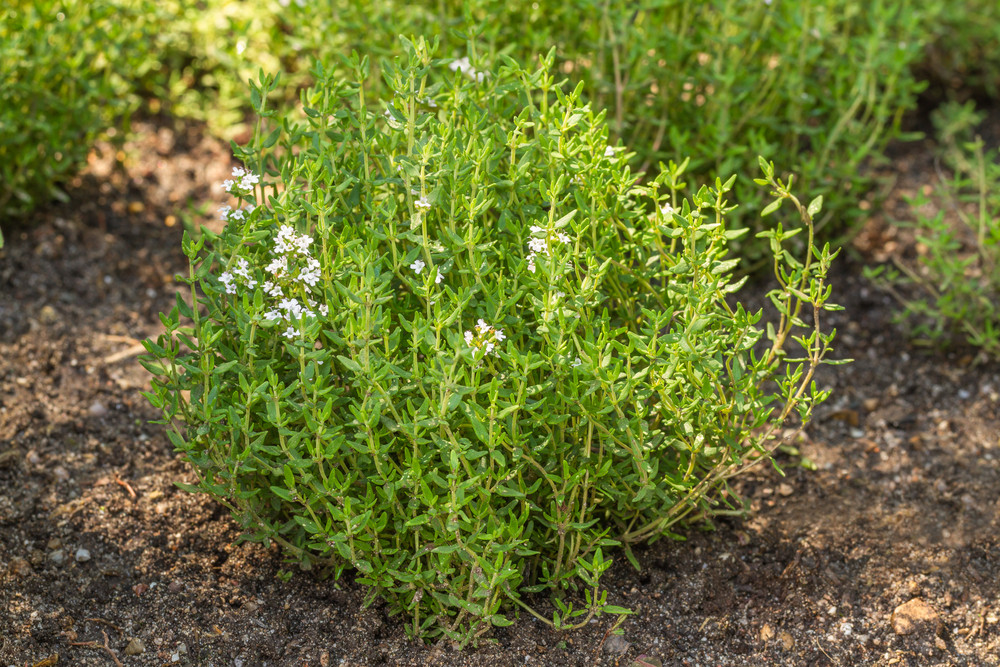
3. Oregano (Origanum vulgare)
Oregano is another aromatic herb that serves a dual purpose in the garden. It is particularly effective at repelling many types of insects due to its strong fragrance. In both regions, oregano can discourage cabbage butterflies, whose larvae are destructive to leafy vegetables. Additionally, oregano can attract pollinators like bees, which are essential for garden health and crop yield.
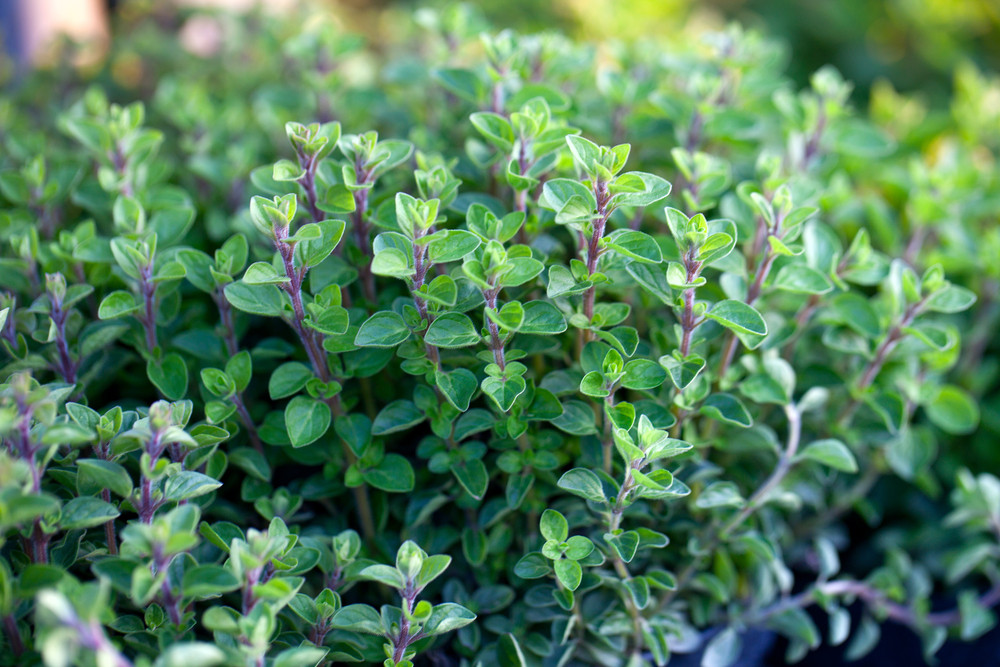
4. Sage (Salvia officinalis)
Sage offers a robust aroma that makes it a formidable deterrent against some of the more voracious garden pests, such as carrot fly and flea beetles. In the UK, carrot fly can devastate carrot crops, while in the USA, flea beetles are a common threat to eggplants and tomatoes. Sage’s pungent smell masks the scent of these vulnerable crops, providing a protective shield.
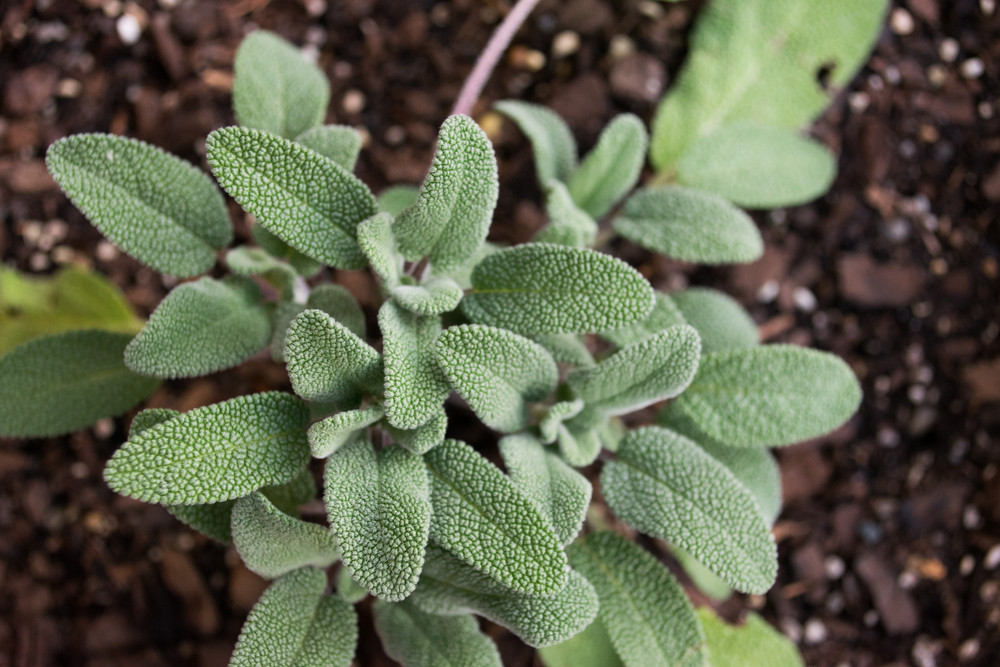
5. Rosemary (Rosmarinus officinalis)
Rosemary is particularly effective against bean beetles and carrot flies. Its strong scent is believed to confuse these pests, making it harder for them to locate their preferred plants. In both the UK and the USA, planting rosemary alongside beans and carrots can significantly reduce damage from these insects.
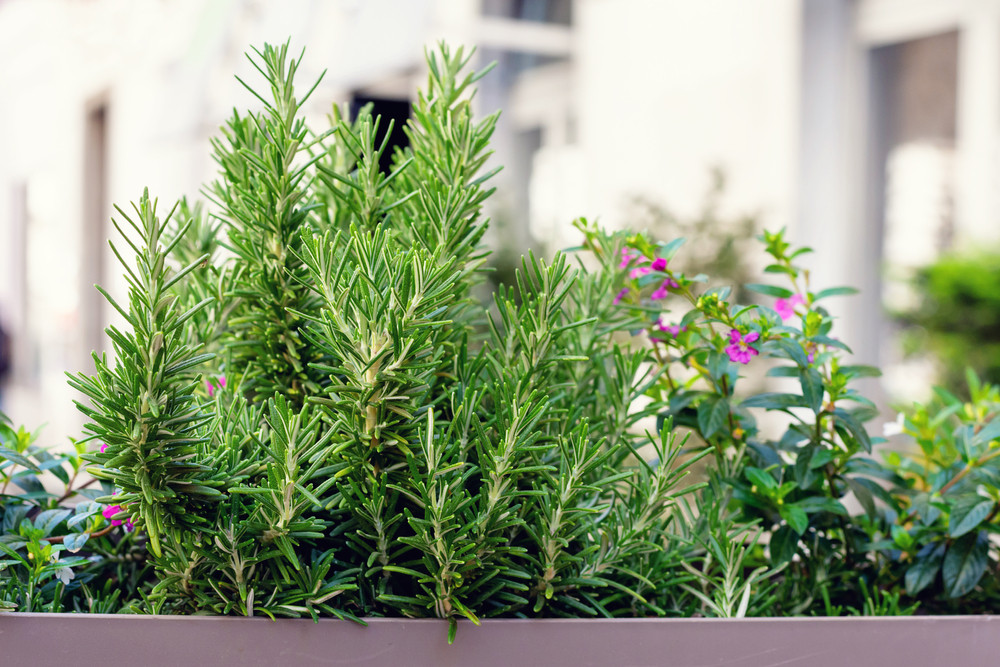
6. Chives (Allium schoenoprasum)
Chives, with their mild onion-like flavor, are especially beneficial for deterring aphids and Japanese beetles, which can cause serious harm to a variety of garden crops. In the USA, Japanese beetles are a significant threat to roses, raspberries, and beans, while in the UK, aphids commonly attack roses, fruit, vegetables & ornamental plants. The sulfur compounds in chives are repulsive to these pests, making chives a good companion for these susceptible plants.
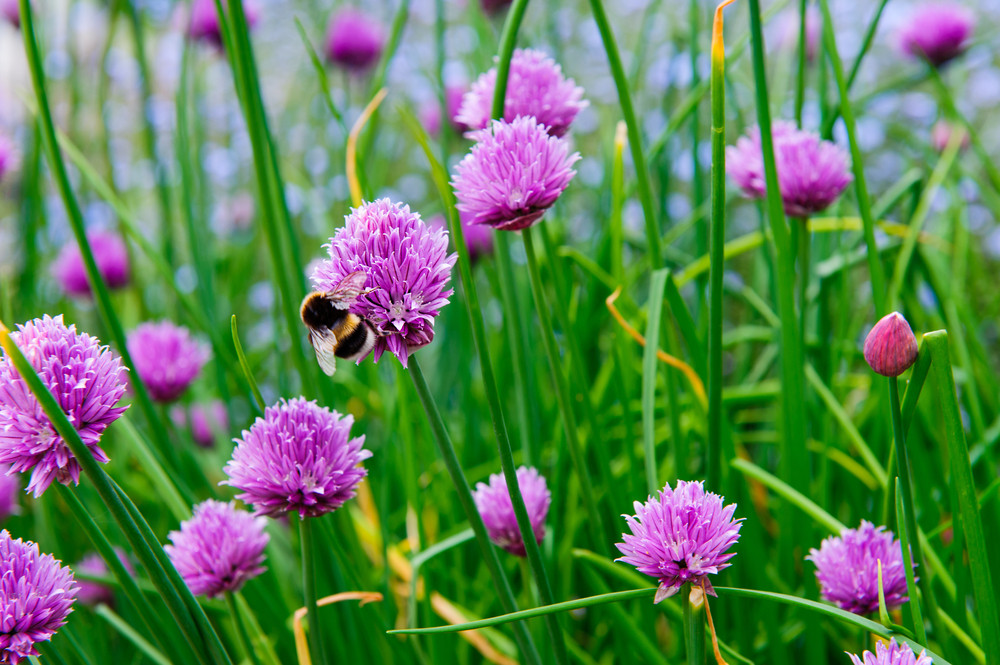
Conclusion
Integrating herbs like parsley, thyme, oregano, sage, rosemary, and chives into your vegetable garden can greatly enhance its resilience against pests while attracting beneficial insects. These herbs not only offer a natural and sustainable way to manage pests but also add diversity and fragrance to your garden space. Whether in the UK or the USA, the strategic use of these herbs can lead to a healthier, more productive garden ecosystem.






